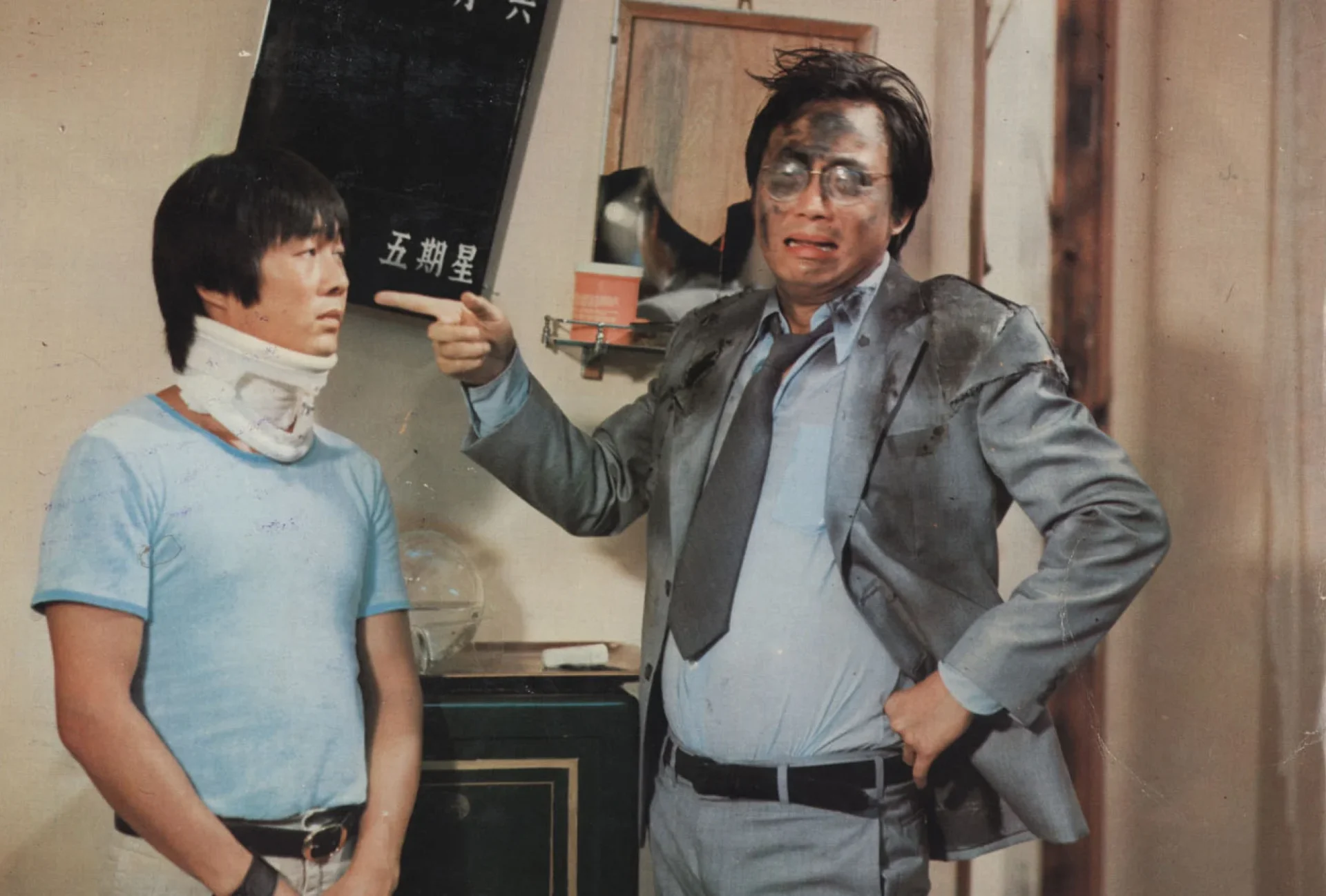The 1970s in Hong Kong cinema were not just about the iconic Bruce Lee; they represented a period of significant transformation and cultural exploration in the film industry. While Bruce Lee’s impact was undeniable, the decade also witnessed the rise of other genres and stars, shaping a unique cinematic landscape.
Contrary to popular belief, Bruce Lee was not the top box-office success of the 1970s in Hong Kong. Comedian Michael Hui Koon-man claimed that title, with his films “The Private Eyes” (1976), “The Contract” (1978), and “Games Gamblers Play” (1974) dominating the box office. These films resonated deeply with audiences by humorously reflecting on the Hong Kong experience and offering commentary on societal issues, including corruption.
Television also played a crucial role in shaping the film industry during this period. The switch from subscription-based services to free-to-air television in 1967 saw TV competing with cinemas for audiences. Shows like “Enjoy Yourself Tonight” gained massive popularity, but films began to push boundaries further, exploring themes of violence and sexuality more openly than television could.
This era saw a notable shift in societal attitudes following the Hong Kong riots of 1967. Filmmakers responded to these changes by producing more daring content, appealing to a young, rebellious audience seeking escapism from the city’s cramped living conditions.
The early 1970s saw the decline of swordfighting (wuxia) films, which were replaced by the hand-to-hand combat of kung fu, largely influenced by Bruce Lee. Choreographers like Lau Kar-wing emphasized realistic depictions of martial arts styles, resonating with audiences familiar with these techniques.
Another significant development was the emergence of sex films, targeting the same young male demographic. These ranged from “nudie” features to soft porn, and occasionally more explicit content. Films like “Adventure in Denmark” (1973) broke new ground and were immensely successful, prompting film companies to explore this genre more deeply.
The 1970s also marked the birth of the police film genre in Hong Kong cinema. Real-life events such as high-profile corruption cases and the formation of the Independent Commission Against Corruption (ICAC) spurred interest in this genre. Films like Ng See-yuen’s “Anti-Corruption” (1975) and “Jumping Ash” resonated with audiences, leading to a surge in police-themed movies.
As the decade progressed, audiences grew weary of traditional kung fu films, prompting filmmakers to innovate. Sammo Hung Kam-bo and others began integrating comedy with martial arts, creating the kung fu comedy genre. This fusion of action and humor, exemplified in films like “Snake in the Eagle’s Shadow” and “Drunken Master,” brought a fresh perspective to the genre and propelled Jackie Chan to stardom.
In summary, the 1970s in Hong Kong cinema were a period of vibrant experimentation and cultural reflection. This era saw the diversification of genres, the rise of new stars, and the evolution of filmmaking styles, leaving a lasting impact on the industry and audiences alike.
READ MORE:
